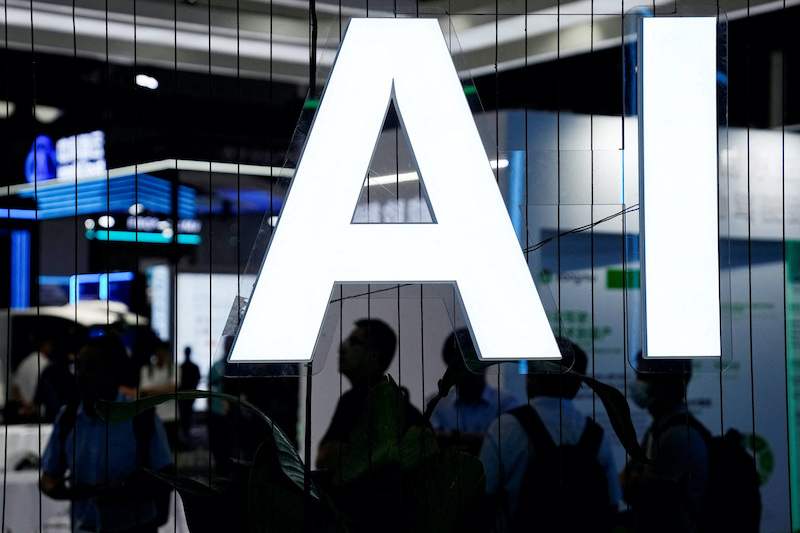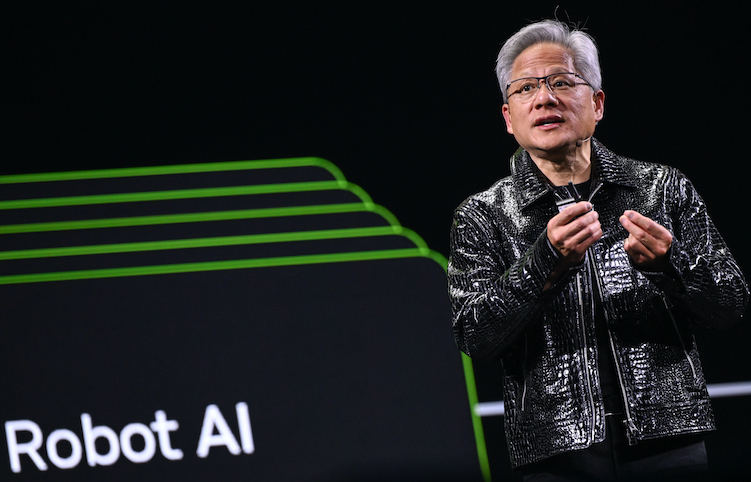A report by a team of researchers at MIT – the highly regarded Massachusetts Institute of Technology – has questioned the financial value of artificial intelligence for business.
‘The State of AI in Business in 2025’ report undertaken in the first half of this year found that despite $30–40 billion of enterprise investment in generative AI “95% of organizations are getting zero return.”
“Just 5% of integrated AI pilots are extracting millions in value, while the vast majority remain stuck with no measurable P&L [profit and loss] impact,” the report’s executive summary says.
ALSO SEE: China Court Says Firms Must Pay Worker Pensions; Job Crisis Fear
Authors of the MIT report said it was based on a review of over 300 publicly disclosed AI initiatives, interviews with representatives from 52 organizations, and survey responses from 153 senior leaders collected across four major industry conferences.
It said that while generative AI is promising, most efforts aimed at revenue growth aren’t working.
‘A learning gap’
Lead author of the report, Aditya Challapally, told Fortune magazine that pilot projects launched by some large companies and young startups had excelled with generative AI.
Some efforts led by 19- or 20-year-olds had “seen revenues jump from zero to $20 million in a year … because they pick one pain point, execute well, and partner smartly with companies who use their tools,” he said.
But most had not seen success, largely because of a “learning gap” for both tools and organizations.
Given the report’s findings, it’s not surprising that investors have backed off from AI stocks in recent days. Nvidia fell by 3.5% on Tuesday, while Arm was down by 3.8% and Palantir sank by around 9% on Wednesday.
But those falls also came after OpenAI chief Sam Altman admitted that investors were overexcited about the sector and AI had become a bubble. However, he still believed AI would provide “huge” value for society.
‘Meaningful change in only two sectors’
The MIT report noted that despite widespread adoption of AI, only two of eight major sectors examined by researchers showed meaningful structural change – tech and media.
Perhaps the most significant findings were highlighting what methods are yielding results, and what are not.
Buying AI tools from specialized vendors and building partnerships succeeded about 67% of the time, while internal builds were less productive.
“Most fail due to brittle workflows, lack of contextual learning, and misalignment with day-to-day operations,” the report said.
“External partnerships see twice the success rate of internal builds,” it said.
Deeper insights into AI failings
“The core barrier to scaling is not infrastructure, regulation, or talent. It is learning. Most GenAI systems do not retain feedback, adapt to context, or improve over time.”
A small group of vendors and buyers were achieving faster progress by addressing these limitations directly, it said.
“Buyers who succeed demand process-specific customization and evaluate tools based on business outcomes rather than software benchmarks.
“They expect systems that integrate with existing processes and improve over time. Vendors meeting these expectations are securing multi-million-dollar deployments within months.”
“The highest performing organizations report measurable savings from reduced BPO [business process outsourcing] spending and external agency use, particularly in back-office operations.
“Others cite improved customer retention and sales conversion through automated outreach and intelligent follow-up systems.
“These early results suggest that learning-capable systems, when targeted at specific processes, can deliver real value, even without major organizational restructuring.”
- Jim Pollard
ALSO SEE:
Altman Agrees the AI Market is a ‘Bubble’ That Could Soon Burst
SoftBank, Intel ‘Had Talks on Chip Unit Before $2bn Stock Deal’
Foxconn, SoftBank Focus on Data Centre Gear in Ohio for Stargate
Foxconn’s Q2 Profit Jumps on Strong Demand for Its AI Servers
SoftBank, UAE’s MGX Join $500bn Data Centre Deal With OpenAI
OpenAI Wants Data Centres With Huge Power Demands – Fortune
AI is ‘Effectively Useless,’ Veteran Analyst Warns
Spotlight on Big Tech’s Power and Water Use Amid AI Surge
Big Tech’s Real Data Centre Emissions 660% Higher
























